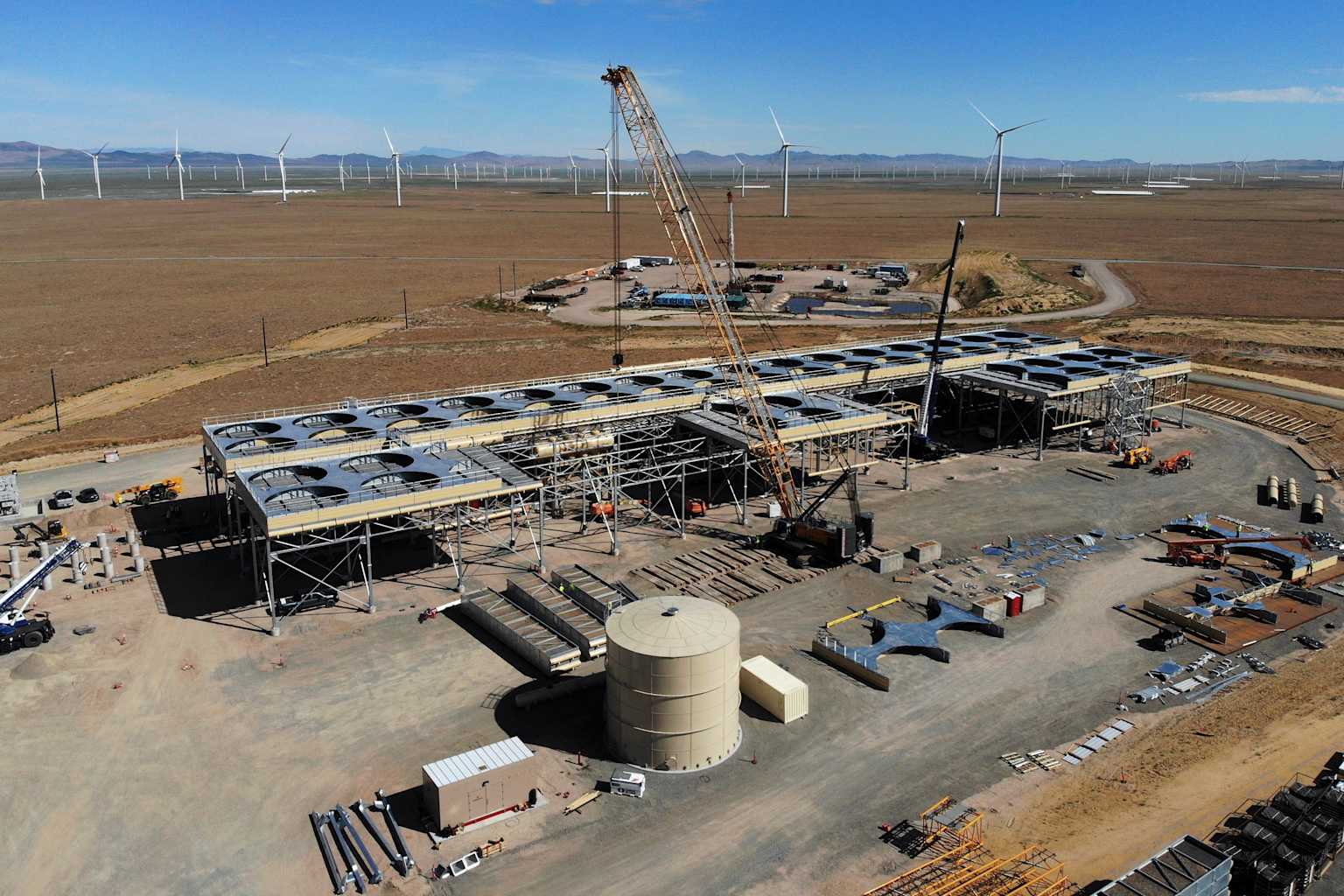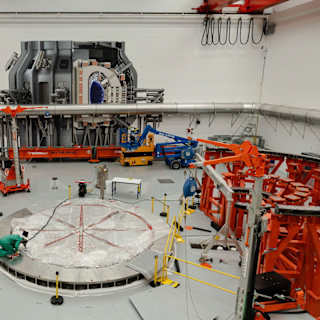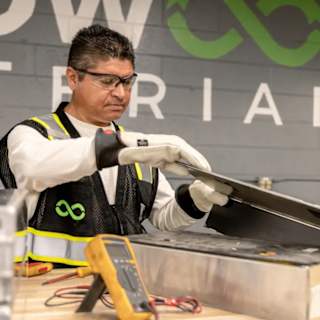- New Projects Span Three States
- AI Drives Energy Appetite
- Sustainability Track Record
Meta Platforms announced Thursday it has signed four clean energy agreements with renewable developer Invenergy to procure an additional 791 megawatts of solar and wind power for its data center operations, nearly doubling the companies' partnership as the social media giant races to meet surging electricity demands from artificial intelligence technologies.
The deals bring Meta's total clean energy capacity from Invenergy to 1,800 MW, up from 1,000 MW contracted in 2024, and represent the latest move by the tech company to power its expanding AI infrastructure with renewable sources rather than fossil fuels.

The four renewable projects are scheduled to come online between 2027 and 2028, spanning Ohio, Arkansas, and Texas1. Ohio will host the largest installations with the 300-MW Yellow Wood Solar project and the 140-MW Pleasant Prairie Solar facility, while Arkansas will receive the 155-MW Decoy Solar project and Texas the 196-MW Seaway Wind installation1.
Under the agreements, electricity from these projects will feed into their respective regional power grids, but Meta will retain the renewable energy credits, allowing the company to account for the clean power in its carbon reporting12. The companies did not disclose financial terms2.
"Winning the AI race requires reliable, cleaner, affordable energy and energy infrastructure — today and in the future," said Ted Romaine, Invenergy's Executive Vice President of Origination31.
Meta's clean energy push comes as the company's AI operations demand enormous amounts of electricity to power data centers that train and run machine learning models. The company has been pursuing multiple clean energy sources beyond traditional solar and wind, including a December 2024 announcement seeking 1-4 gigawatts of nuclear power capacity and an August 2024 geothermal deal with Sage Geosystems for up to 150 MW12.
Earlier this year, Meta also signed agreements with Adapture Renewables for 360 MW of solar power from Texas projects and partnered with AES for 650 MW of additional solar capacity across Kansas and Texas34.
Meta's global operations have been powered by 100% renewable energy since 2020, when the company reached net zero emissions for its direct operations12. The company has now contracted for over 12 gigawatts of renewable energy worldwide and maintains that all its operational data centers earn at least LEED Gold certification34.
However, the company acknowledges that 99% of its carbon footprint comes from indirect emissions in its supply chain, making the transition to clean energy for its expanding infrastructure crucial to meeting its 2030 net-zero goals5.



